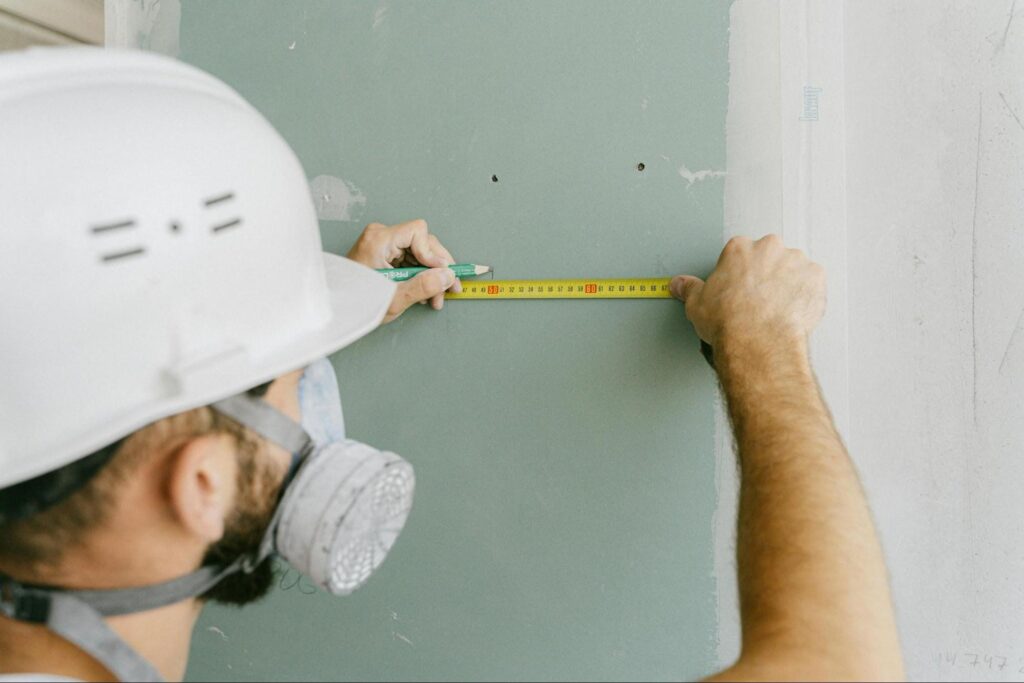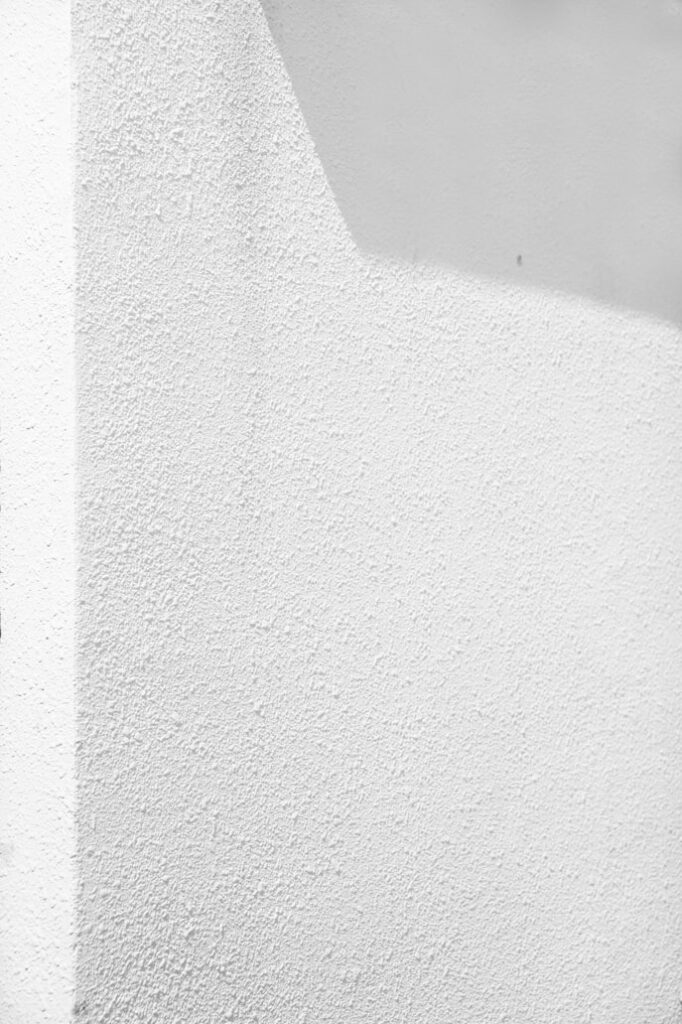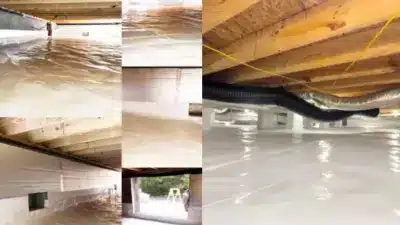Hiring the right drywall contractor can be the difference between a smooth, professional finish and a frustrating, costly redo. Whether you’re planning a renovation, building a new home, or overseeing a commercial project, drywall plays a central role in the quality and longevity of your space. The market is full of options, but knowing what to look for can help you narrow down the right fit and avoid unpleasant surprises. Here are seven key factors to consider when selecting a drywall contractor.

Experience With Commercial or Specialized Projects
The scale and complexity of your project should guide your choice. Not all drywall contractors have the experience or crew size to handle larger jobs, especially if you’re working on an office, retail, or warehouse space. If your build involves commercial drywall installation, prioritize companies with a solid portfolio in that domain. This experience is important not just for technical execution but for coordinating timelines with other trades, managing safety regulations, and working efficiently in high-stakes environments. Ask potential contractors about past commercial projects, and look for photos, client testimonials, or case studies to verify their capabilities.
Licensing, Insurance, and Certifications
A legitimate contractor should be fully licensed to work in your state or municipality. This ensures they meet local codes and have passed the necessary legal and technical vetting. Beyond licensing, make sure the contractor carries both liability and workers’ compensation insurance. These protect you from liability if a worker is injured on your property or if your space is damaged during the job.
You can ask about trade certifications or industry affiliations. Membership in organizations like the Association of the Wall and Ceiling Industry (AWCI) or Better Business Bureau (BBB) adds a layer of credibility and commitment to professional standards.
Transparent Estimates and Contracts
Before any work begins, you should receive a detailed estimate that breaks down material costs, labor, prep work, cleanup, and any additional charges. Vague pricing or unclear timelines are major red flags.
A trustworthy contractor will walk you through the estimate and explain their process clearly. Once you’re comfortable, ensure everything is documented in a written contract. This should include project scope, deadlines, payment terms, and warranty details. A contractor who avoids or resists a written agreement may not be acting in good faith.
Project Timeline and Availability
Timing is critical, especially if your drywall project is part of a larger construction plan with many moving parts. Ask each contractor for an estimated start date and how long they anticipate the work will take. Be clear about any hard deadlines you have and whether they have the capacity to meet them.
Availability can vary greatly between solo contractors and companies with multiple crews. Some may be booked months in advance, while others may overpromise and underdeliver. Make sure their proposed schedule fits with your expectations and doesn’t risk delaying your entire project.
Reviews, Referrals, and Reputation
Online reviews can be incredibly telling. Look at Google, Yelp, and local contractor directories for feedback. Pay attention not just to star ratings, but to the substance of reviews. Are people praising the contractor’s communication? Their ability to stay on budget and on schedule? Are there consistent complaints?
You should ask the contractor for referrals. Speaking directly with past clients gives you a better feel for what to expect. A reputable drywall contractor should have no problem providing at least two or three recent references.
Attention to Detail and Cleanliness
Drywall might seem straightforward, but the difference between good and great work lies in the details. Taping, mudding, and sanding should leave a seamless finish. Ask if the contractor is responsible for cleanup, including dust containment and disposal of materials. A conscientious contractor will take measures to minimize mess and protect your flooring and fixtures.
If possible, visit a completed project in person or ask for high-resolution before-and-after images. Crisp corners, smooth surfaces, and even paint prep are indicators of craftsmanship.
Communication Style and Professionalism
Finally, don’t underestimate the importance of how a contractor communicates. Are they responsive to your calls or emails? Do they arrive on time for the estimate? Are they patient and informative when answering your questions?
A professional attitude isn’t just a bonus, it’s an indicator of how your experience will go. Poor communication can lead to missed deadlines, misunderstandings about expectations, or changes to the budget. Choose a contractor who values your time, listens actively, and is easy to reach throughout the project.

Choosing the right drywall contractor requires more than just comparing prices. It means digging into experience, professionalism, and the fine print. A great contractor will save you time, money, and stress and leave you with walls that are flawless, durable, and ready for the next phase of your vision.
- 0shares
- Facebook0
- Pinterest0
- Twitter0
- Reddit0



